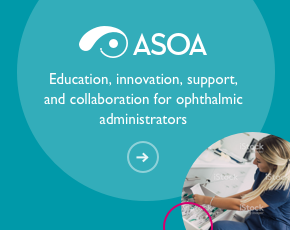Purpose:
To demonstrate the efficacy of cryopreserved self-retained amniotic membrane in treating dry eye disease (DED) in terms of improving ocular surface health, corneal nerve density, corneal sensitivity and clinical symptoms.
Methods:
A prospective randomized controlled study to compare self-retained amniotic membrane (ProKera® Slim, Bio-Tissue, Miami, FL) and conventional treatment in patients with moderate to severe DED (DEWS 2-4). Twenty subjects were enrolled and randomized to receive ProKera Slim (PKS) (Study Group) or conventional maximum medical treatment (control group). Changes in dry eye signs and symptoms, corneal topography, corneal sensitivity, and corneal nerve density were evaluated at baseline, 1 month and 3 months.
Results:
Dry eye signs and symptoms including SPEED, pain score, fluorescein staining, TBUT and DEWS grading were significantly improved in the study group yet remained constant in the control group. Confocal microscopy showed significant increase in corneal nerve density (from 12241 ± 5083 to 16364 ± 3734 µm/mm2 at 1 month and 18827 ± 5453 µm/mm2 at 3 months, p=0.015). This improvement was accompanied with significant increase in corneal sensitivity (from 3.25 ± 0.6 to 5.2 ± 0.5 at 1 month and 5.6 ± 0.4 cm at 3 months, p<0.001). these="" results="" were="" consistent="" with="" the="" improvement="" of="" corneal="" topography.="" these="" results="" were="" consistent="" with="" the="" improvement="" of="" corneal="">
Conclusions:
Cryopreserved self-retained amniotic membrane is a promising new treatment modality to restore corneal nerve integrity and ocular surface health in patients with moderate to severe DED.



